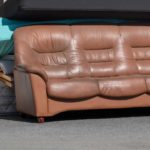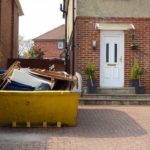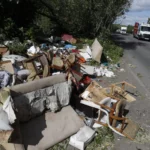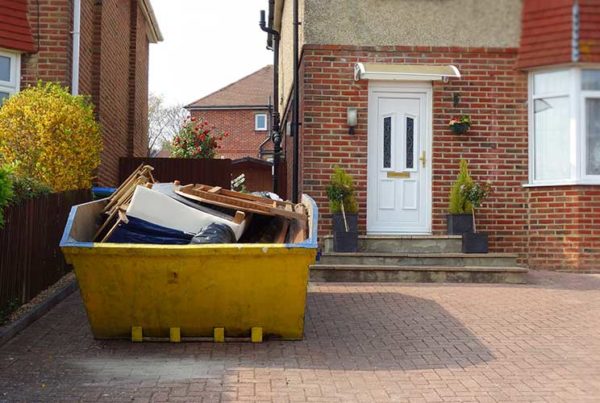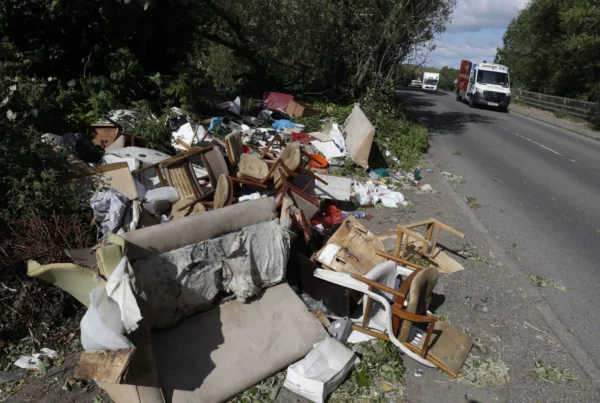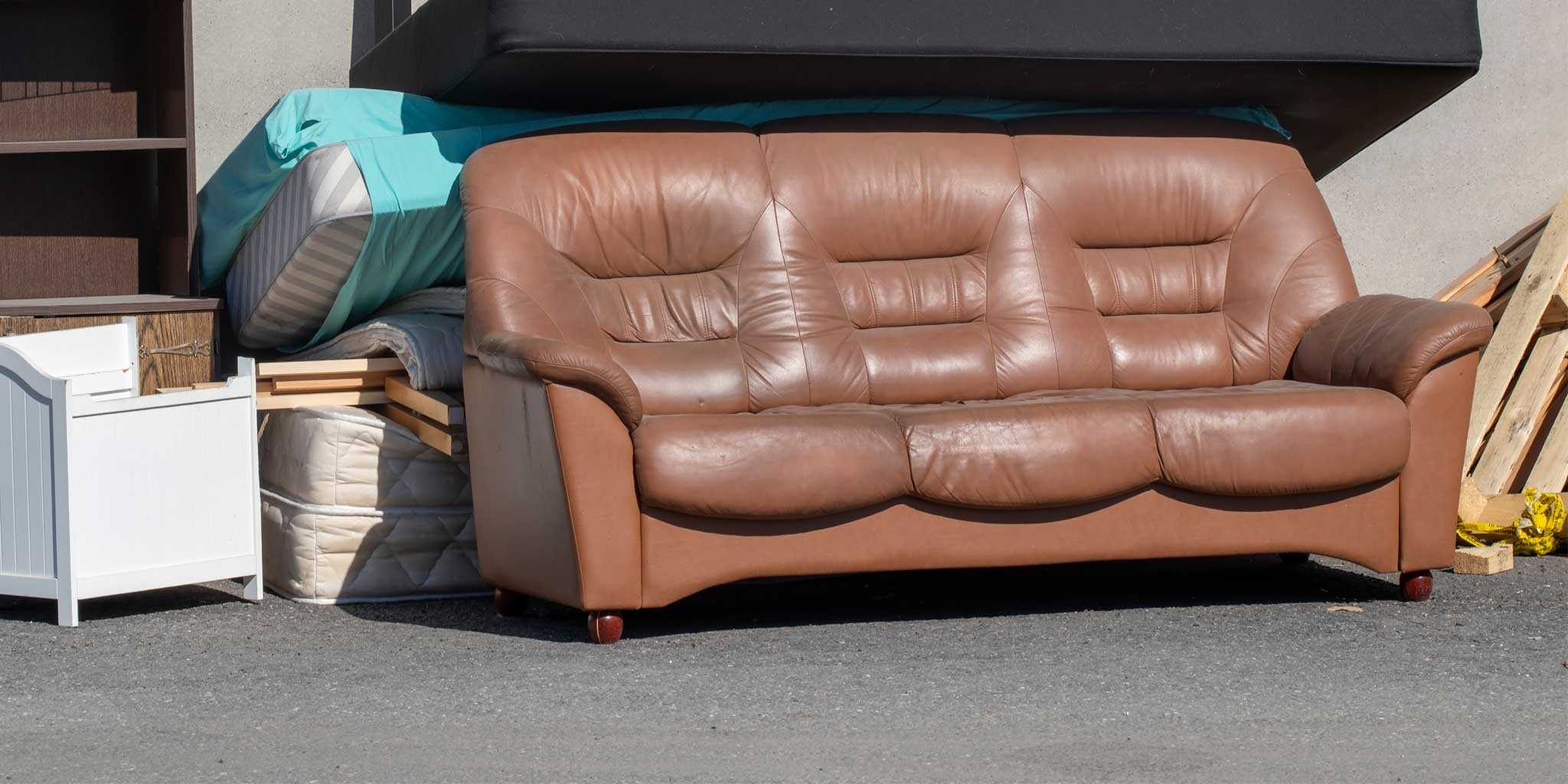
Persistent Organic Pollutants Guidance
Persistent Organic Pollutants also known as POPs are chemical substances that don’t break down when disposed of in landfill. If you have any items that contain POPs it is your duty of care to dispose of it properly.
Some of the items that are included in these:
- Upholstered items such as sofas, dining room chairs, footstools, and bean bags.
- Electricals such as office equipment, cables, and plastic cases from display devices.
When being disposed of these items should state on a waste transfer note “domestic seating waste containing POPs” and classified with a waste code such as “20 03 07”.
You must include this description for other waste that has been mixed with POPs such as a skip or RoRo container. There are several common chemicals that are found in POPs that contaminate the lining and padding in the items. These can include:
- decabromodiphenyl ether (DecaBDE) – the most common
- hexabromocyclododecane (HBCDD)
- pentabromodiphenyl ether (PentaBDE)
- tetrabromodiphenyl ether (TetraBDE)
If you have any items or materials that you are unsure about, please contact a manufacturer or supplier to check before disposing. You could even test the material yourself or send off materials to be analyzed in a laboratory.
Why has the government introduced these regulations?
The environmental agency introduced the new legislation on 1st January 2023 to avoid unnecessary chemicals in our environment. They want to do everything possible to reduce the pollution in our atmosphere. The aim of the new regulations is to control, reduce, or eliminate emissions from POPs. The chemicals from these types of items can end up in our food chains and cause negative effects on human health and worldwide environments.
Sort and store waste
If you have waste to dispose of, you need to take all steps to avoid mixing the POPs with other materials and items. This includes collection, storage, and treatment too. If they are mixed unintentionally, all of the waste should be treated as POPs. You must destroy these items even if the mixing step dilutes the POPs below the concentration limit.
You need to provide accurate descriptions of your waste and include POPs if they are included. Classify your items as waste upholstered domestic seating or WEEE.
If the POPs in your rubbish are meeting or exceeding the concentration limits you must destroy the items. When doing this, please follow the following guidance.
How to dispose of POPs materials
You can send your waste to appropriate facilities to ensure proper disposal. Please be sure to check the credentials of the waste treatment plants to confirm that they have the correct authorisation. The plant must be able to separate the items, components, or materials that contain POPs to destroy individually. Alternatively, the plant should be able to irreversibly transform the POPs. The waste should be disposed of using one of the following methods:
- Pyscio-chemical treatment
- Incineration on land
- Using waste as fuel
- Recycling or reclamation
The plant should be able to decide which method will be used based on the individual properties of the POP, which type of waste it is classed as, and other materials or chemicals that are present.
Items that contain POPs (at or over the contamination level) should be destroyed. However, some items can be recovered. This means that they destroy the POP by separating it from material that doesn’t contain POPs. An example of this includes incineration with energy recovery.
If you have items which fall under the POPs regulations which you would like to dispose of in your skip, please note there is a fee per item and this depends on the area and the type of item. Please contact us for a quote before placing it in your skip.
POPs permanent storage
In rare cases, waste holders can apply to permanently store some items that contain POPs instead of destroying them. To do this you must provide the following information:
- POP content of the item/waste
- Where the waste is stored and prove authorisation for this
- Show why it cannot be decontaminated
- Show that permanent storage is better than destruction
If your application is successful, you can store the POP waste in a few locations. These can include
- Deep underground hard rock formations
- Salt mines
- Hazardous waste landfill sites
These rules and regulations were introduced to prolong the life and longevity of our beloved planet. Please do your best to ensure that all of your waste is disposed of correctly. At Reliable Skip we want to help you with this by responsibly collecting and disposing of your rubbish. Find your quotes and complete your booking online. Our knowledgeable customer service team is available during business hours to help with any waste-related questions.
